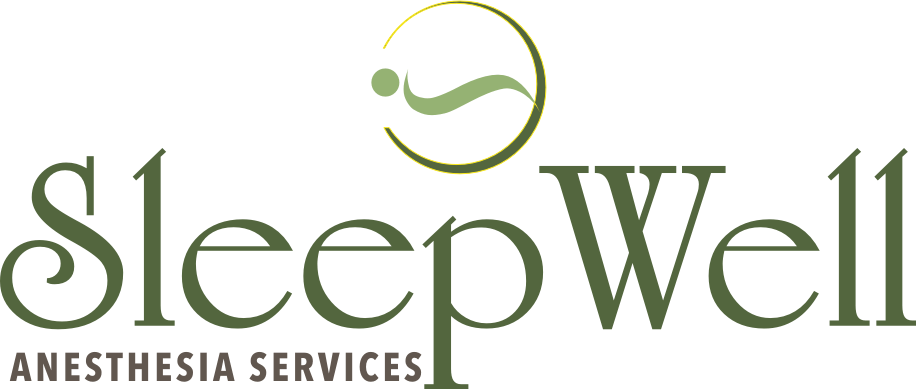Do you have an invoice?
Click the appropriate payment button below.
Before you proceed, please check your email (including SPAM) and see if you received an invoice.
Before you proceed, please check your email (including SPAM) and see if you received an invoice.
from: [email protected]
subject contains:
Invoice from Sleep Well Anesthesia

Pre-Treatment Instructions
Contact me if your child develops a cough or temperature within 24hrs before surgery
May give recommended weight-based oral suspension dose of Tylenol at home the morning of you child's surgery with a sip of water.
Regularly prescribed medications can be taken with a sip of water the morning of the procedure, unless otherwise advised during your consultation.
Don't take anything by mouth at least 6 hours before the scheduled procedure or the procedure will be canceled. This is for your childs safety.
Post-Treatment Instructions
Call 911 in the event of an emergency.
Patients of legal driving age will not be able to drive themselves home. You may not travel home by Taxi, Bus or Uber unaccompanied.
Parents and Guardians: Maintain close supervision of your child for 24 hours to prevent injury.
Use special caution when standing, using stairs and walking. Patient may not perform any strenuous activity or hazardous tasks. This is for your safety.
If you have and unusual problems or any questions you should call your care team.
The practice of anesthesia and medicine is not an exact science. The reactions of each person can vary. Even when performed correctly, an anesthetic procedure can be associated with an extreme risk of serious bodily injury or death.
The following is a brief description of the anesthesia which will be available to you.
Please read carefully and discuss in detail with your anesthesia provider.
General anesthesia is a drug-induced loss of consciousness during which you are not arousable, even by painful stimulation. Your ability to independently maintain ventilatory function is often impaired. You will require assistance in maintaining a patent airway, and positive pressure ventilation may be required because of depressed spontaneous ventilation or drug-induced depression of neuromuscular function. Your cardiovascular function may be impaired. Constant monitoring and alterations in your anesthetic will be modified as needed during your anesthetic to maintain a safe continuum of anesthesia during your procedure.
Prior to your procedure, your Anesthetic Plan will be discussed with you and you will be asked to sign a form attesting to the following: